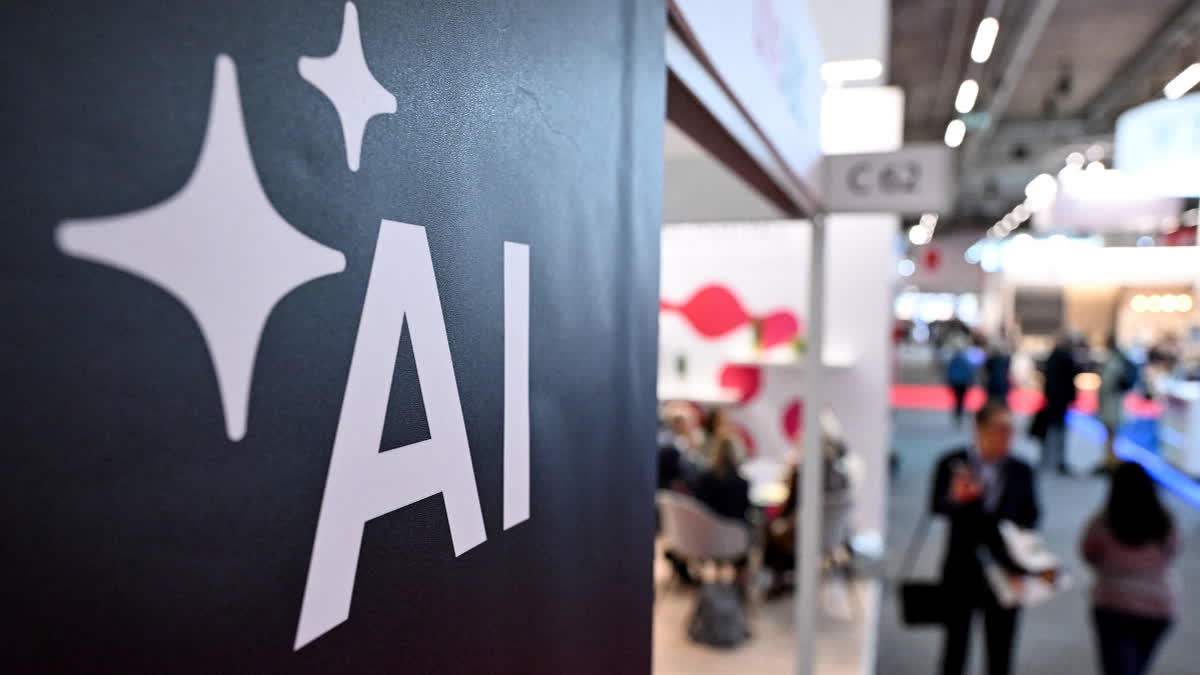In the wake of ChatGPT's dramatic arrival two years ago, companies are excited about generative AI's possibilities but heading into 2025 with careful deliberation rather than rushing to transform their operations. The Channel Tunnel, one of the world's most strained travel checkpoints, presents a compelling example of AI's current limitations and practical applications.
Each day, 400 of the world's largest locomotives cross the tunnel linking France and Britain, with nearly 11 million rail passengers and 2 million cars carried through annually. For GetLink, the company managing the 800-meter-long trains, caution around AI implementation remains paramount.
"We're in a highly regulated business. We're not kidding around. These are very strict procedures," explained Denis Coutrot, GetLink's Chief Data and AI officer. Rather than controlling train operations, their AI primarily handles more mundane tasks like searching through rules and regulations. The legal sector, initially viewed as prime for AI disruption, tells a similar story.
"ChatGPT is incredible. But it's quite hard to apply it in your day-to-day workflows in an impactful way," noted James Sutton, founder and CEO of Avantia Law.
'Verify everything'
While AI excels at basic tasks like searching legal databases and generating simple summaries, more complex work requires careful human oversight.
Sutton explained that AI's inconsistency remains a challenge: "One contract I can put in and the AI kicks it out perfectly. Another one will be 40 per cent right. That lack of certainty means lawyers still have to verify everything."
The tech industry presents a more aggressive adoption curve. Google reports that 25 per cent of its coding is now handled by generative AI. JetBrains CEO Kirill Skrygan predicts that by next year, AI will handle about 75-80 per cent of all coding tasks. "Developers are using AI as assistants to generate code, and these numbers are growing every day," said Skrygan at the Web Summit in Lisbon.
"The next level is coding agents that can resolve entire tasks usually assigned to developers." He suggested that over time, these agents could replace virtually all of the world's millions of developers. Visual design industries, particularly fashion, are seeing significant impact from AI image generators like DALL-E, Midjourney, and Stable Diffusion.
